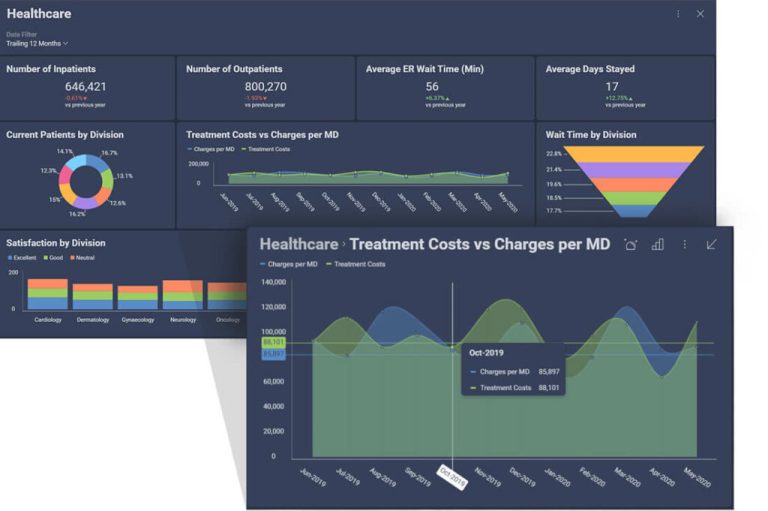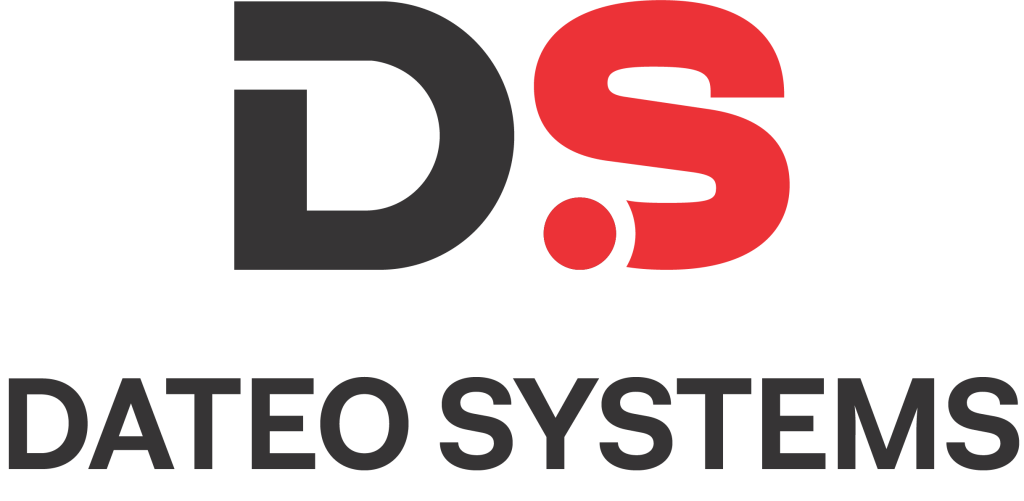Data has always existed, but only recently have organizations learned how to harness it eectively. What separates successful organizations from the rest is not how much data they collect, but how well they interpret and act on it. This is where data analysis becomes a game-changer. It’s no longer about gut feelings or best guesses—today, smart organizations are leaning into data-driven decision making as their edge in an increasingly competitive and fast-paced environment.
Whether you’re managing a government agency, running a mid-sized enterprise, or leading a digital transformation project in the public sector, data analysis helps you cut through the noise. It removes speculation from your strategy and replaces it with clarity, context, and confidence. The decisions you make aren’t based on hope—they’re grounded in proof.
From Raw Data to Real Impact: Understanding the Role of Analysis
There’s often a misconception that having access to data is the same as understanding it. It’s not. Raw data on its own is overwhelming. Think of it as unrefined oil—valuable, yes, but useless until it’s processed. That’s the role of data analysis: it transforms complex, unstructured information into digestible insights that tell a story and support action.
For instance, sales numbers on a spreadsheet might show you that revenue dipped last quarter. But proper analysis can tell you why it dipped, which customer segment pulled back, which product line underperformed, and what external factors may have contributed. That level of insight turns a data point into a decision. It gives leaders the tools they need to respond strategically, not reactively.
Why Smart Organizations Prioritize Data-Driven Decision Making
Data analysis is more than a technical function. It’s a strategic asset that empowers every department—from finance and operations to human resources and marketing. When data is analyzed well, it acts as a real-time feedback loop. It helps you identify trends early, understand what’s working, and correct what’s not—before small issues become major problems.
One of the most valuable outcomes of business intelligence solutions powered by data analysis is predictive insight. Instead of just explaining past performance, modern data tools can forecast future outcomes. For example, they can predict which policy changes will likely improve compliance, which product features will enhance customer satisfaction, or which operational tweaks can increase eciency. These predictions aren’t hunches. They’re backed by statistical models and real-world data, giving you the confidence to move forward.
Aligning Teams, Saving Costs, and Reducing Risk Through Analytics
When dierent teams rely on their own interpretations or anecdotal feedback, decision- making becomes fragmented. But when an entire organization is aligned around shared data insights, it’s easier to focus on what truly matters. Data analysis acts as a unifier. It ensures every department is working from the same playbook—one built on measurable evidence rather than assumption.
The financial impact is just as significant. Data analysis helps reduce waste by identifying which initiatives produce ROI and which ones don’t. It pinpoints ineciencies in processes, unnecessary spending, or underutilized resources. Over time, these small optimizations compound into major cost savings. And perhaps more importantly, data analysis helps you
anticipate risk—spotting red flags early and allowing you to intervene before they become crises.
The Shift From Reactive to Proactive Leadership
Leadership is changing. Today’s leaders can’t aord to rely solely on intuition or past experience. They need timely, accurate, and forward-looking insights to navigate a world where conditions change quickly. Data analysis enables proactive leadership. It helps executives and managers make decisions with greater speed, precision, and accountability.
Instead of responding to problems after the fact, leaders who leverage analytics can anticipate needs, plan for growth, and stay resilient in the face of disruption. They can explain their decisions clearly to stakeholders, backed by evidence and logic. This builds trust— internally and externally—and positions the organization as one that’s prepared, capable, and strategic.
Building a Data-Centered Culture Starts with the Right Partner
It’s one thing to want data-driven insights. It’s another to structure your organization in a way that makes them possible. To do this, you need more than dashboards and software—you need a system. You need a partner who understands how to implement scalable data infrastructure, design intuitive reporting tools, and ensure your team knows how to use them.
That’s where Dateo comes in.
At Dateo, we help private companies, public organizations, and government institutions turn raw data into real decisions. We build customized technology solutions that fit your workflow, speak your language, and deliver insights you can act on. Whether you’re looking to automate reports, visualize trends, or create a full business intelligence platform, our team works with you from concept to execution—making sure you see value every step of the way.
Don’t just collect data. Make it work for you.
Let Dateo help your organization become smarter, faster, and more confident in every decision you make.






